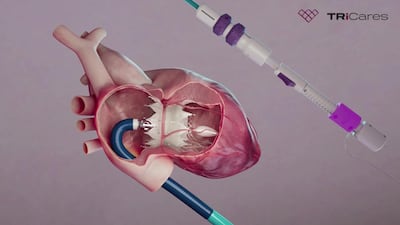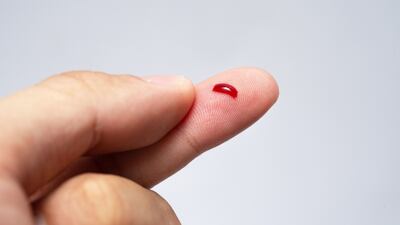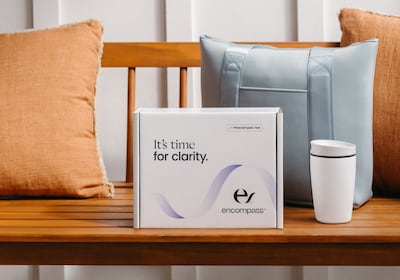ReCor Medical, part of Otsuka Holdings Co, appears to have bypassed Medtronic in the race to launch the first renal denervation (RDN) system in the US.
RDN is a catheter-based nerve-ablation procedure to attenuate sympathetic nerve activity that contributes to arterial pressure throughout the body. (Also see "News We’re Watching: ReCor And Medtronic Head To...
Read the full article – start your free trial today!
Join thousands of industry professionals who rely on Medtech Insight for daily insights
- Start your 7-day free trial
- Explore trusted news, analysis, and insights
- Access comprehensive global coverage
- Enjoy instant access – no credit card required
Already a subscriber?







